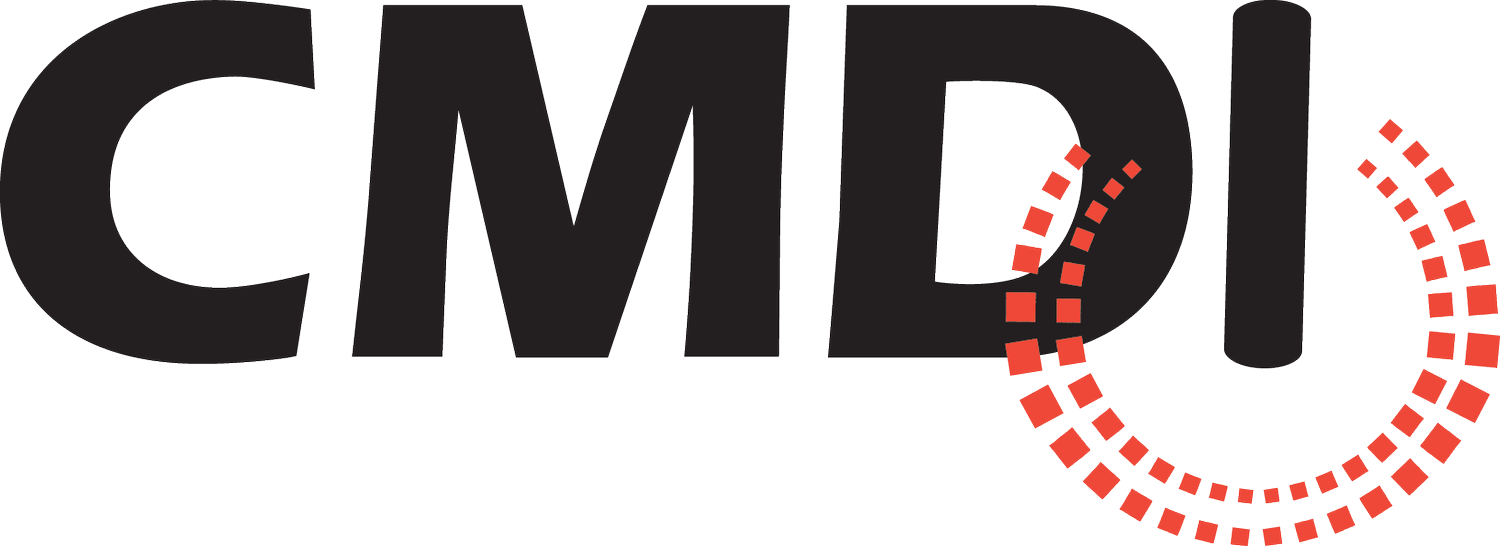Do Political Campaigns Have ADHD?
 I was recently reading about a list of questions medical clinicians use to diagnose Attention Deficit Disorder (ADD/ADHD) in the WSJ. It occurred to me that if we asked the same questions of a political campaign, we would come up with a positive diagnosis. I do know that if you interview any successful campaign manager, the reoccurring theme is their singular focus on “getting votes.” As “singular focus” and ADHD are diametrically opposed, let us commence the testing!
I was recently reading about a list of questions medical clinicians use to diagnose Attention Deficit Disorder (ADD/ADHD) in the WSJ. It occurred to me that if we asked the same questions of a political campaign, we would come up with a positive diagnosis. I do know that if you interview any successful campaign manager, the reoccurring theme is their singular focus on “getting votes.” As “singular focus” and ADHD are diametrically opposed, let us commence the testing!
Mr. Political Campaign, please take a seat here on my couch. Make yourself comfortable. I have a few questions for you.*
Are you involved in so many activities that you have difficulty paying attention to details and have a tendency to make mistakes?
Are you constantly putting out fires which cause frequent shifts from one uncompleted activity to another?
Are you too busy researching the newest trends that you tend to neglect some of your daily activities?
How often are you easily distracted by something in your environment, like a noise or another conversation?
Do you notice that you have frequent shifts in conversation or have trouble paying attention to what others are saying because everyone around you has a different opinion on how things should be run?
If you answered yes to any or all of these questions, then you definitely need to refocus your game plan.So how does a campaign avoid these traps when political Ritalin is not yet available? NIH recommend that those with ADHD:Stick to your schedule – If you translate this to a campaign, take the time to plan out a detailed strategy and stick to it. Count the cost, survey the landscape, and create a line of attack to execute and follow. Not only does politics have its rotation of hot topic buttons like gun control and same sex marriage, but so do all of the campaigning tools such as technology, marketing, and fundraising. From “network of influencers” to “visual storytelling” to a “converged media content strategy,” the trends that are hitting the internet through blogs and experts’ websites would confuse even the most seasoned of politicians. Find out who your voters are and decide the best way to reach them regardless of what’s trending on the web. It’s important to sift through the noise to find which trend will work with the strategy you already have in place and what farfetched ideas are just passing flavors of the month.Organize everyday items – This is a key point. By setting up a clear policy of keeping all your supporter and contact data in a single campaign platform (like CMDI’s Crimson if you are a Republican), you can efficiently manage your relationships with supporters, donors, and your GOTV activities. You will not win without getting your voters to the polls. Without organized contact data, this is impossible.Be clear and consistent – Campaign teams need consistent rules they can understand and follow. As a candidate you have two choices along the campaign trail: you could get sidetracked with all of the hoopla that occurs daily or you can set a clear grand goal for your staff to follow. A precise, consistent objective from you will help your team deal with distractions in a consistent and efficient manner.Seek behavioral therapy – People with ADHD often receive and expect criticism. Use behavioral therapy to promote a strong image / brand for the candidate. News stories, misquoted statements, character defamation, and other controversies pepper the road to office. The key is not to respond to every minor piece of gossip or paragraph of negative press. Instead of reacting and giving credence to the small fires that will invariably spring up, focus on pushing the positive points of your campaign. You also don’t have to fabricate a statement on every news article or address every social problem. Be in the offensive position, not defensive, to be in control of your campaign destiny.While the medical version of ADHD has some definitive treatments to reign in this problem, you too can take action to organize your campaign to make it stronger and more focused. It’s like Eagles head coach Andy Reid once Tweeted, “You aren’t playing hard if you’re not focused and disciplined.”* The questions used in this blog are based upon the DSM-IV criteria and other screening measures for ADD/ADHD.
